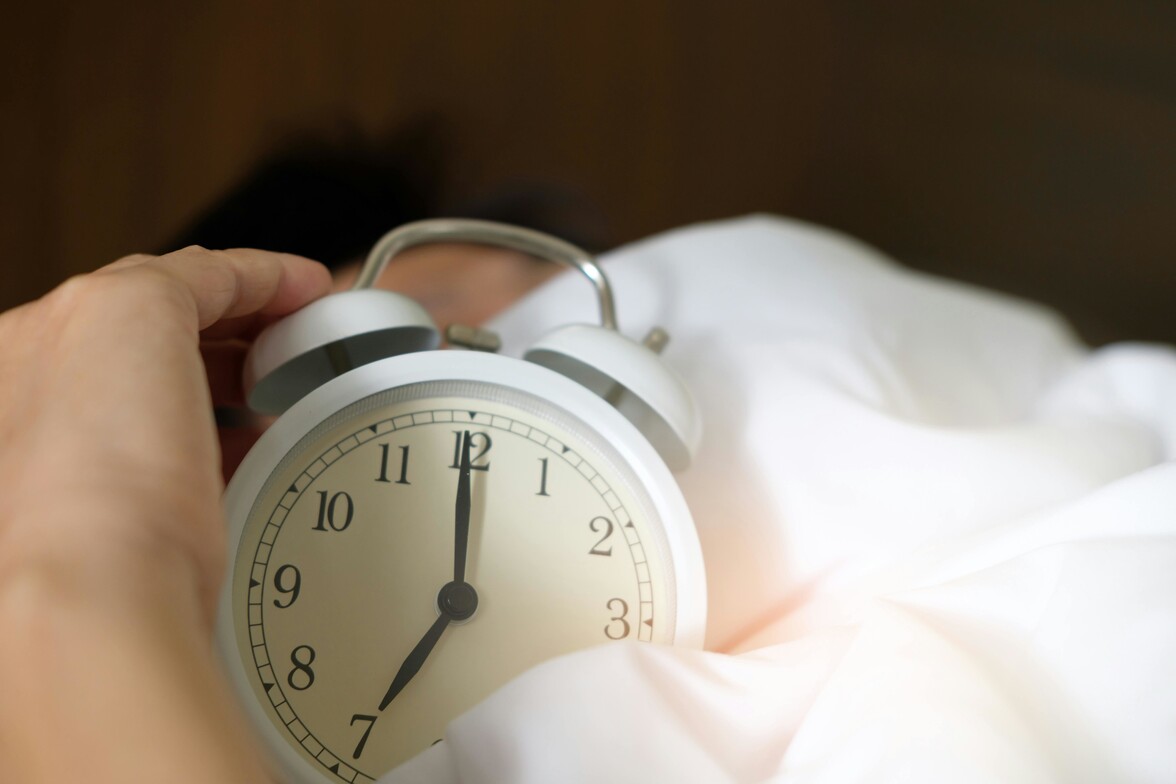
Introduction
If you're going through menopause and struggling with sleep, you're not alone. Many women experience sleep disturbances, night sweats, and difficulty staying asleep as their hormones shift. Poor sleep can affect mood, energy levels, and overall health. In this blog, we’ll explore why menopause affects sleep and, more importantly, what you can do to improve it.
Why Sleep Gets Worse During Menopause
Hormonal changes are the primary reason sleep worsens during menopause. Here’s how:
1. Declining Estrogen and Progesterone Levels – Estrogen helps regulate body temperature and promotes deep sleep, while progesterone has a calming effect. As these hormones decline, sleep quality can suffer.
2. Night Sweats and Hot Flashes – Sudden temperature spikes can wake you up multiple times a night.
3. Increased Cortisol Levels – Menopause can trigger higher stress hormone levels, making it harder to relax and fall asleep.
4. Mood Changes and Anxiety – Hormonal shifts can lead to increased anxiety or even depression, both of which can interfere with sleep.
5. Bladder Changes – A more sensitive bladder can lead to frequent nighttime trips to the bathroom, further disrupting sleep.
How to Fix It: Tips for Better Sleep During Menopause
1. Maintain a Cool Sleep Environment
- Keep your bedroom temperature between 60-67°F (15-19°C).
- Use moisture-wicking sheets and wear breathable pajamas.
- Consider a cooling mattress pad or fan.
2. Balance Hormones Naturally
- Phytoestrogen-rich foods (like flaxseeds, soy, and lentils) may help support hormone balance.
- Supplements like magnesium, melatonin, and adaptogens (such as ashwagandha) can promote relaxation.
- Talk to your naturopathic doctor about bioidentical hormone therapy if needed.
3. Follow a Consistent Sleep Routine
- Go to bed and wake up at the same time daily, even on weekends.
- Create a relaxing bedtime routine (reading, meditation, or deep breathing).
- Limit screen time an hour before bed to reduce blue light exposure.
4. Reduce Stress and Anxiety
- Practice mindfulness, yoga, or journaling to manage stress.
- Consider cognitive behavioral therapy (CBT) for insomnia.
- Engage in regular physical activity, but avoid intense exercise close tobedtime.
5. Avoid Stimulants and Heavy Meals Before Bed
- Limit caffeine and alcohol, especially in the afternoon and evening.
- Avoid heavy meals close to bedtime, as digestion can interfere with sleep.
6. Address Bladder Issues
- Reduce fluid intake 1-2 hours before bed.
- Strengthen pelvic floor muscles with Kegel exercises to minimize nighttime trips to the bathroom.
When to Seek Professional Help
If sleep disturbances persist despite lifestyle changes, consider consulting a healthcare provider. Sleep disorders like sleep apnea can become more common during menopause and may require medical intervention.
Final Thoughts
While menopause can disrupt sleep, there are many natural and effective ways to improve it. By making small changes to your environment, routine, and diet, you can enjoy more restful nights and better overall health. If sleep issues persist, don’t hesitate
to seek support from a naturopathic doctor to explore personalized solutions.
.jpg)


